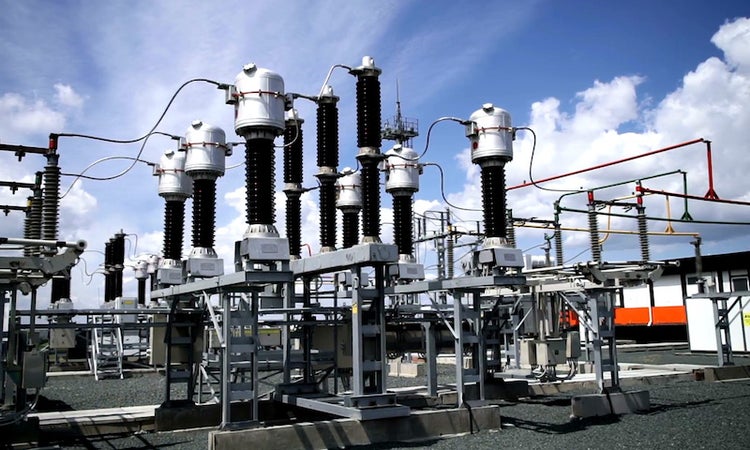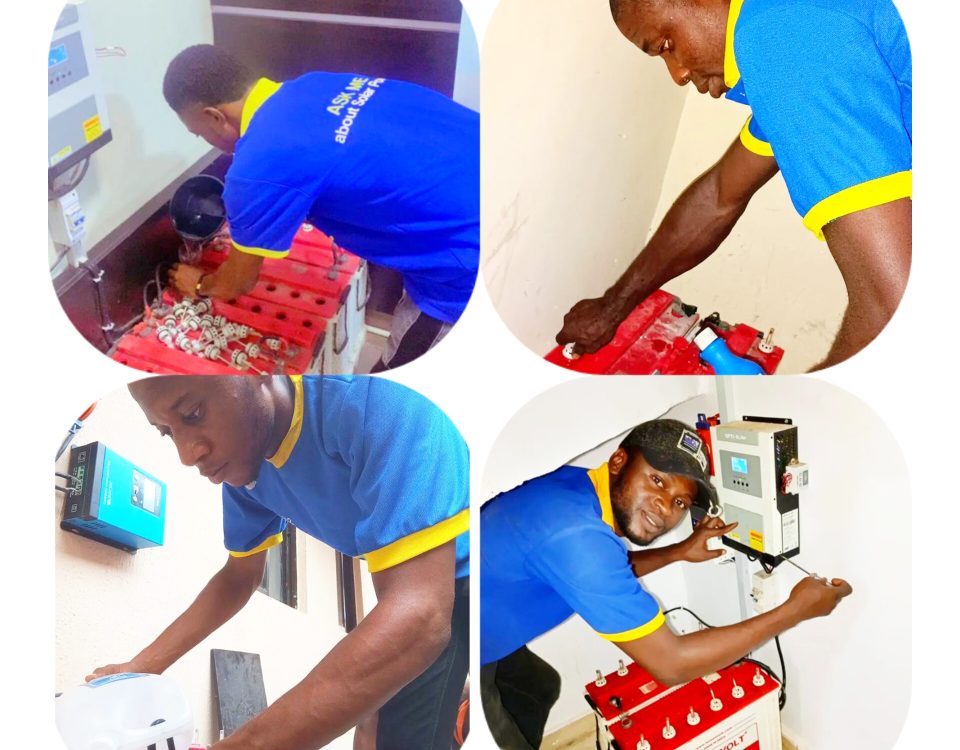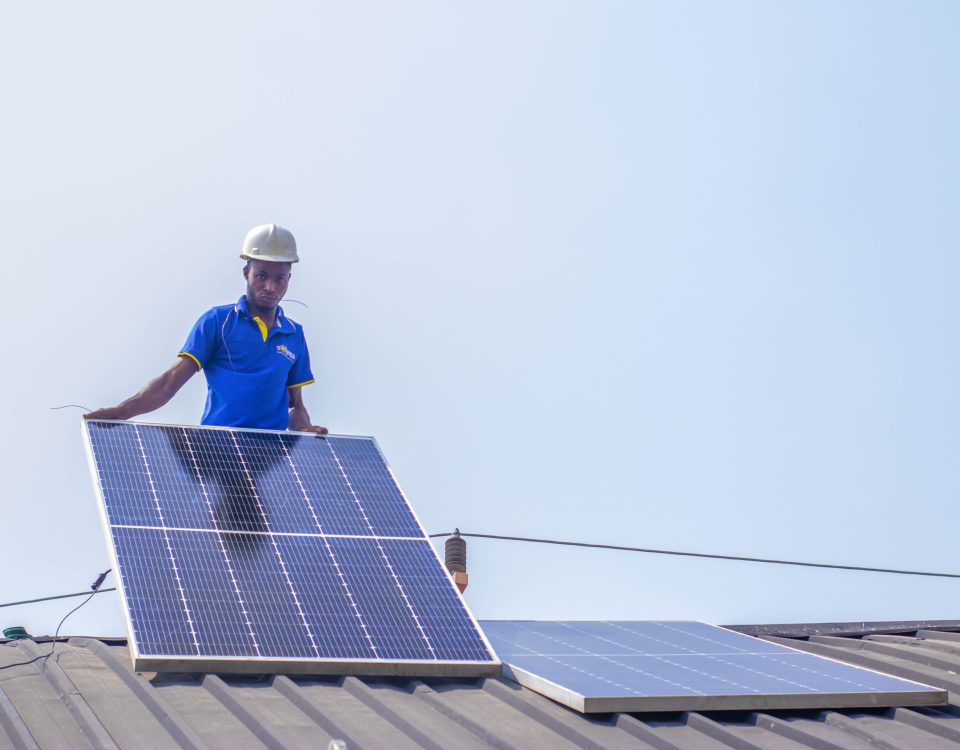Report Reveals How Discos Can Save $60m Yearly with Mini Grid Solutions

Guaranteed Gifts To Make You & Yours Smile
2019-11-24
The 4 best things about going solar this holiday season.
2019-12-01A new report has stated that electricity distribution companies (Discos) in Nigeria can make annual savings of between $30 and $60 million by using mini-grid solutions to supply electricity to consumers within their networks.
Thank you for reading this post, don't forget to subscribe!Titled ‘Electrifying the Underserved: Collaborative Business Models for Developing Mini-grids Under the Grid’ the report was funded by Shell seeded investor – All On and produced by Rocky Mountain Institute (RMI), Clean Tech Hub and Energy Market and Rates Consultants (EMRC).
The report made available to THISDAY, described the four business models that are practical solutions to guide stakeholders through the process of implementing under-grid mini-grids in Nigeria.
According to the report, these solutions were a pathway to implementing under-grid mini-grids that have the potential to save Discos and communities millions of dollars while dramatically expanding the market for distributed energy resources in Nigeria.
It stated that communities under the grid were either unserved or underserved by their electric utility and are then forced to supplement with expensive diesel or petrol generator sets instead of grid power.
The report equally explained that under-grid mini-grids up to one megawatt (MW) in size can solve this challenge, adding that the complex decisions that make up under-grid mini-grid business models were looked into in the study with the goal of accelerating the market and enabling the many interested stakeholders to act.
“In Nigeria alone, thousands of rural communities could be best served by under-grid mini-grids. Implementing 4,000 under-grid mini-grid projects has the potential to save Nigerian distribution companies $30 – $60 million annually while offering mini-grid owners $1 billion in annual revenue and saving communities $170 million in yearly energy expenditures.
“The opportunity continues to scale to Nigerian peri-urban communities – where higher loads strengthen the business case for mini-grids – and underserved communities throughout sub-Saharan Africa and the world,” it explained.
It quoted the said Chief Executive Officer (CEO) of Clean Technology Hub, Ifeoma Malo, to have said that: “The growth of the energy access sector in Nigeria is evident in the growing interest of distribution companies in increasingly exploring ways to grow their market base and meet underserved needs. This report will be a pivotal guide for mini-grid developers, investors, and distribution companies in deciding the best business models for a ready market of energy-hungry consumers.”
Similarly, James Sherwood, who is a principal at RMI, and co-author of the study stated that: “Under-grid mini-grids are a promising and commercially viable solution that can deliver reliable electricity to hundreds of thousands of Nigerians today.”
Sherwood added that: “The business models outlined in this report can kickstart the under-grid mini-grid industry in Nigeria by providing guidance on how to start projects, which will provide a precedent for the private sector, community and utility collaboration that is applicable across many other countries in sub-Saharan Africa and around the world.”
According to the CEO of All On, Dr. Wiebe Boer, “the under-grid mini-grid business models introduced through this research provide a framework for mini-grid developers, distribution companies and communities to collaborate to provide reliable, affordable and sustainable power at scale to millions of underserved, low-income households and SME customers across Nigeria. We need collaborative approaches like these to address Nigeria’s energy access gap and improve livelihoods nationwide.”
The report stated that the four business models that can be implemented under today’s social, political, and economic environment include a mini-grid operator-led approach, in which a private mini-grid operator leads development in consultation across the distribution company and community; a special purpose vehicle (SPV)-led model, wherein the SPV may include distribution company investors; a cooperative-led approach formed by the community to lead mini-grid development; and a collaborative SPV-led model wherein ownership and operation are shared among stakeholders.
These business models it added were developed with extensive stakeholder consultation and consideration of commercial dynamics and regulatory frameworks in the Nigerian Electricity Supply Industry (NESI) to ensure successful project implementation that meets the needs of all actors.
According to it, the most critical aspect of each business model remained the requirement for multiple project participants to work together towards a common outcome.
“Executed projects need to reflect real community needs while working within Nigerian regulation to support customer well-being and economic development,” the report noted.
On the basis of this, a senior consultant at EMRC, Oladiran Adesua, stated that: “The four business models discussed in this report explore the possibility of developing an under-grid mini-grid in Nigeria which presents an opportunity for improved energy access to unserved and underserved communities, developers to make returns on their investment and existing electricity distribution companies to reduce losses.”
Source: Thisday Live




